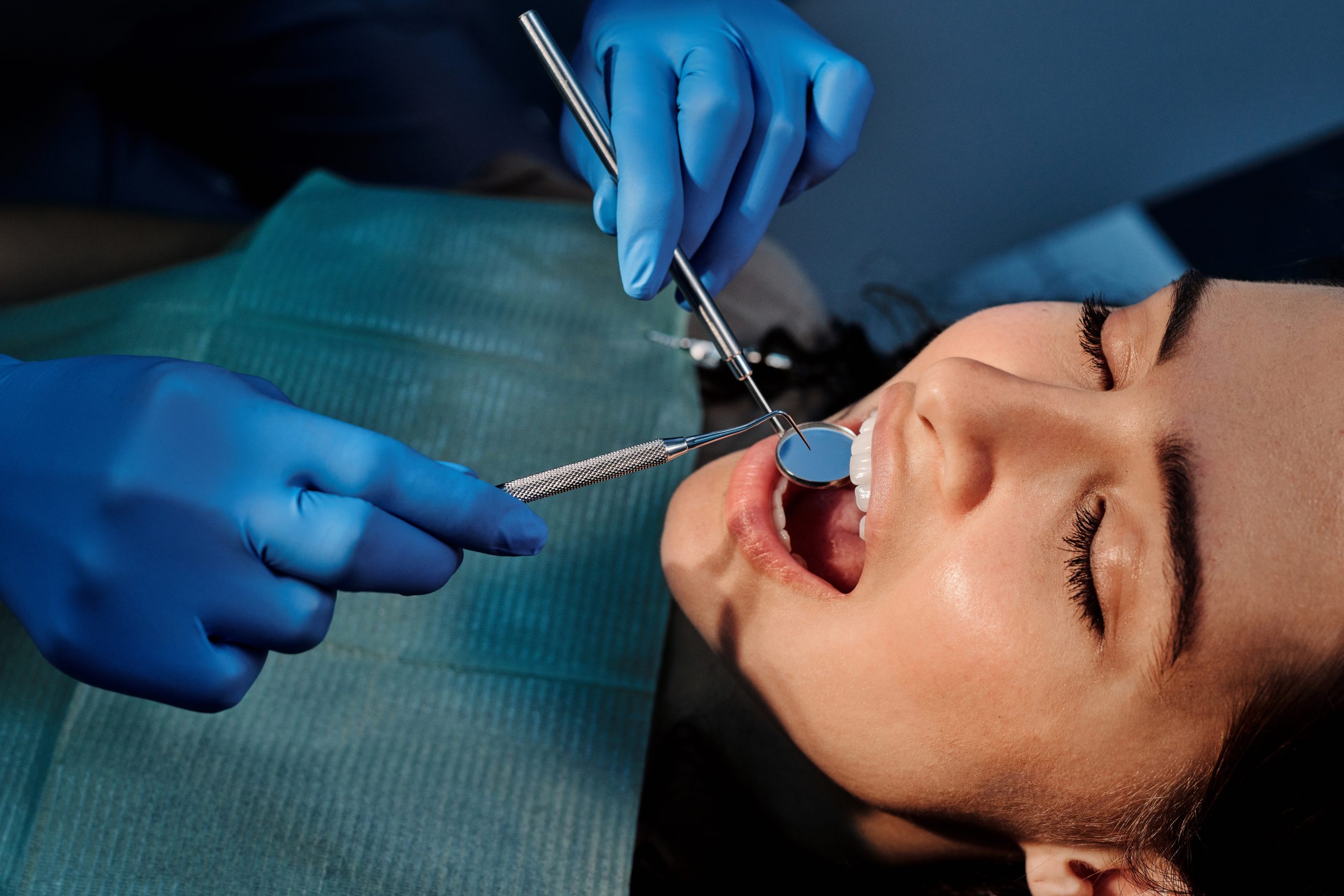Dental health refers to the condition of your mouth and the teeth and gums inside it. It's an essential part of your overall health. It's also a necessary component of prenatal treatment when you're pregnant. Being pregnant increases your chances of developing oral health issues, which may impact your pregnancy. Some studies even suggest a connection between gum disease and premature delivery.
Premature infants may have more significant health issues during delivery and later in life than full-term babies. If you can take care of your teeth throughout pregnancy, it may contribute to a healthy pregnancy and baby.
The Signs and Symptoms of Dental Problems During Pregnancy
Contact your dentist if you see any symptoms or indications of a dental issue. Indications are things that others may see or notice about you, such as a rash or cough. Symptoms are something you feel but others cannot see, such as a sore throat or dizziness.
The following signs and symptoms may identify dental disorders:
- Bad breath
- Red, swollen, painful, or glossy gums.
- Readily bleeding gums.
- Toothache or any other discomfort in the teeth.
- Loose teeth
If you have discomfort or swelling, contact your dentist immediately. If you develop an infection, you must get treatment as soon as possible to avoid complications for your baby.
Dental Care to Consider During Pregnancy
Here are some tips to help maintain your dental health:
- Make sure to brush your teeth with fluoridated toothpaste twice a day and floss once a day. Brush your teeth using a toothbrush with gentle bristles. Brushing and flossing regularly may help eliminate plaque and keep your gums healthy.
- If you cannot brush your teeth due to nausea, rinse your mouth with 1 tsp baking soda in one cup of water. Rinsing may assist in lowering the quantity of acid in your mouth.
- Even during pregnancy, see your dentist for a routine dental examination every six months (twice a year). Inform your doctor that you are pregnant at your next appointment.
- Eat nutritious meals and minimize your intake of sweets. Fruits and vegetables, lean meat, whole-grain bread and pasta, and low-fat dairy products are examples of healthy eating. Limit your intake of sugary meals and replace sugary drinks with water.
- Eating nutritious meals provides essential nutrients to you and your developing kid. Between 3 and 6 months of pregnancy, your baby's teeth begin to form. Vitamins, protein and calcium, aid in the proper development of your baby's teeth.
- Avoid smoking and alcohol.
If you have a tooth issue that requires treatment, make sure to inform your dentist that you are pregnant. This treatment can be delayed until after your baby is born; it depends on your condition. However, never take chances of ignoring the dental problems in your pregnancy.
Reference:
Understanding Oral Health During Pregnancy
*Neither this nor any other content in this media is meant to prescribe, recommend, or prevent any treatment or procedure. It is highly recommended that you get the advice of a qualified dentist or other medical practitioners regarding your specific dental condition.
1500 Tara Hills Dr., Suite 104A, Pinole, CA 94564
Monday – Saturday 8:00 AM to 5:00 PM

